sabbath999
No longer a newbie, moving up!
- Joined
- Apr 11, 2007
- Messages
- 2,701
- Reaction score
- 71
- Location
- Missouri
- Can others edit my Photos
- Photos OK to edit
Sabbath, I have been shooting with your style up until the last few weeks, the spray and pray so to speak where you just take as many as possible and hope one comes out right. Now I am starting to shoot in RAW, and since RAW sucks to process I have been taking a lot more time to set up my shots, making sure I get things as good as I can in camera. I consider it a quality instead of quantity approach. It's hard to get used to.
I should qualify my answer by stating upfront that I pretty much only shoot animals. I have a passion for animals, and basically I am just setting up the compositions then just letting the critters do all the work while I pay attention to keeping their eyes in focus (the one thing you can't do with a critter picture is have eyes that are anything less than totally tack sharp).


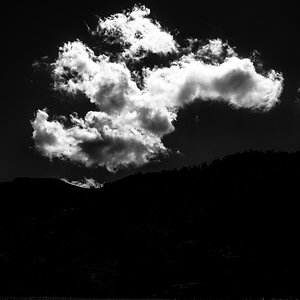
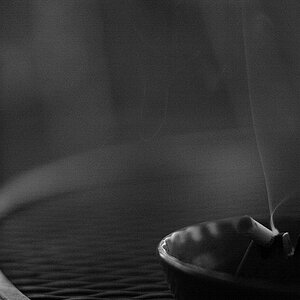
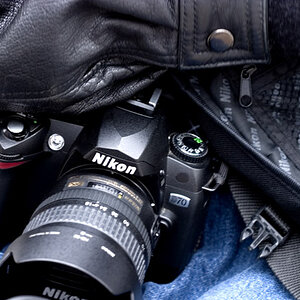
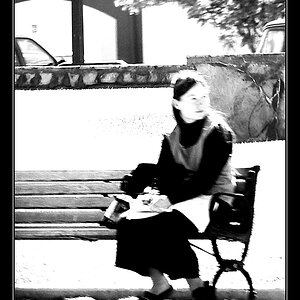
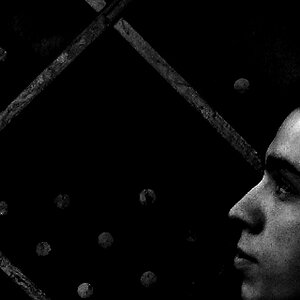
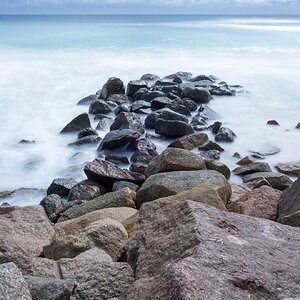
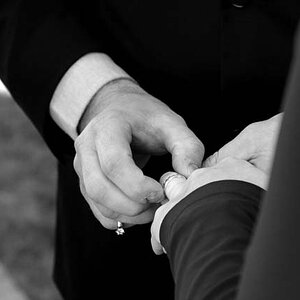
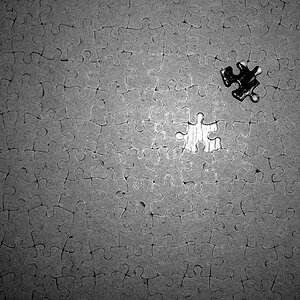
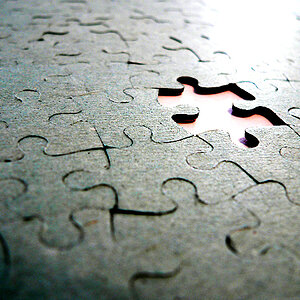
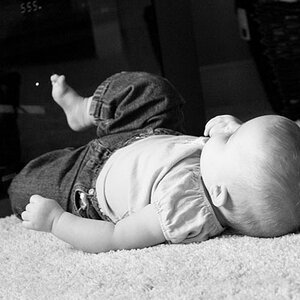
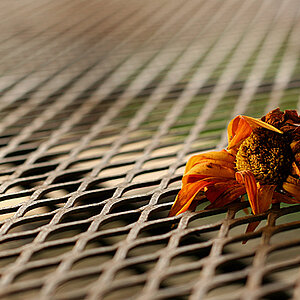
![[No title]](/data/xfmg/thumbnail/34/34063-09779b4ba56a0acb2b0fa36cf8720dfb.jpg?1619736260)